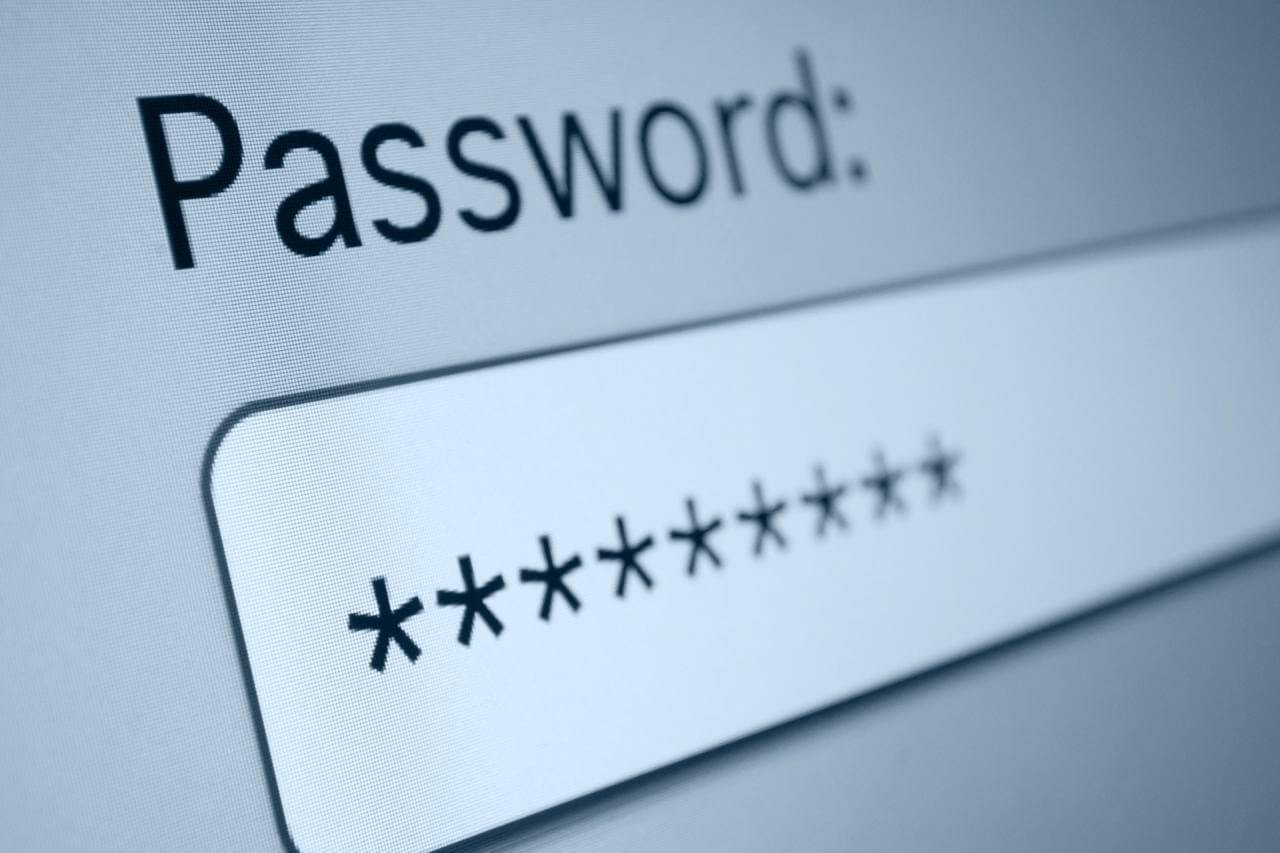What just happened? Few legal issues are as contentious as suspects being forced to hand over their passwords. But the practice could occur less in the future after a Pennsylvania Supreme Court ruled it violates the Fifth Amendment.

As reported by Ars Technica, a 4-3 ruling overturned a lower-court order that demanded a suspect in a child-pornography case hand over a 64-character password to his computer. It had ruled that the decision didn’t violate his Fifth Amendment rights as Joseph J. Davis appeared to confirm child porn was on his machine.
“It’s 64 characters and why would I give that to you,” he told law enforcement when asked for the password. “We both know what’s on there. It’s only going to hurt me. No f**king way I’m going to give it to you.”
The lower court argued that the password request didn’t violate the Fifth Amendment protections against self-incrimination as it fell under the foregone conclusion exemption, which is when the government already knows of the existence, location, and content of the sought-after material.
But the Supreme Court rejected this argument. Justice Debra Todd said that disclosing a password is testimonial, and that revealing it was a verbal communication, rather than a physical act such as giving a handwriting sample or providing blood.
“As a passcode is necessarily memorized, one cannot reveal a passcode without revealing the contents of one’s mind,” the judge wrote. “Here, under United States Supreme Court precedent, we find that the Commonwealth is seeking the electronic equivalent to a combination to a wall safe—the passcode to unlock Appellant’s computer.”
The Electronic Frontier Foundation (EFF), which filed a friend-of-the-court briefing in the case, wrote that people should not be put in a no-win situation of choosing between giving up their password, thereby handing over the wealth of information stored on a device, or defying a court order.
The EFF writes that two other state supreme courts, in Indiana and New Jersey, are considering similar cases, and the group is participating in both.
https://www.techspot.com/news/82907-court-suspect-child-porn-case-cant-forced-hand.html